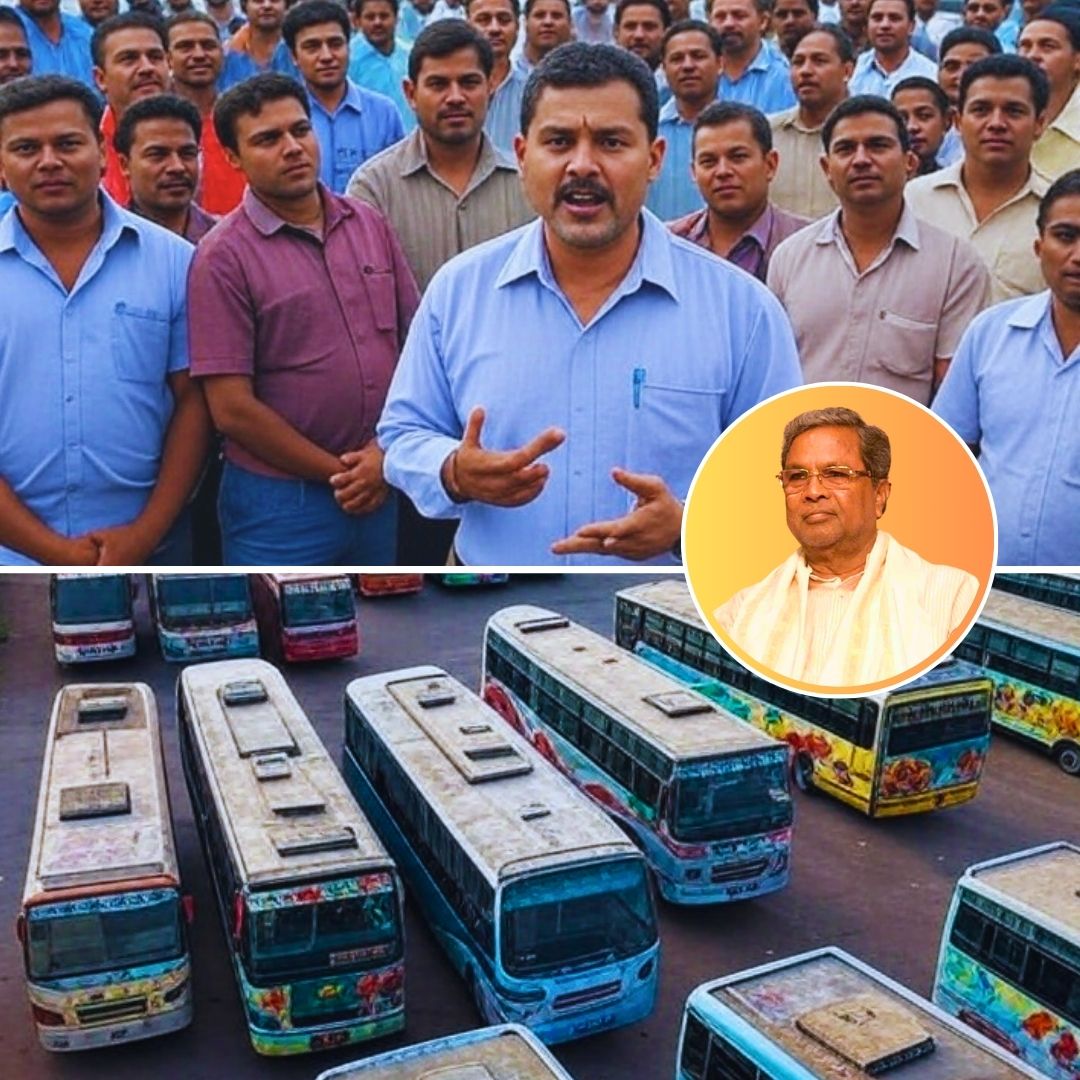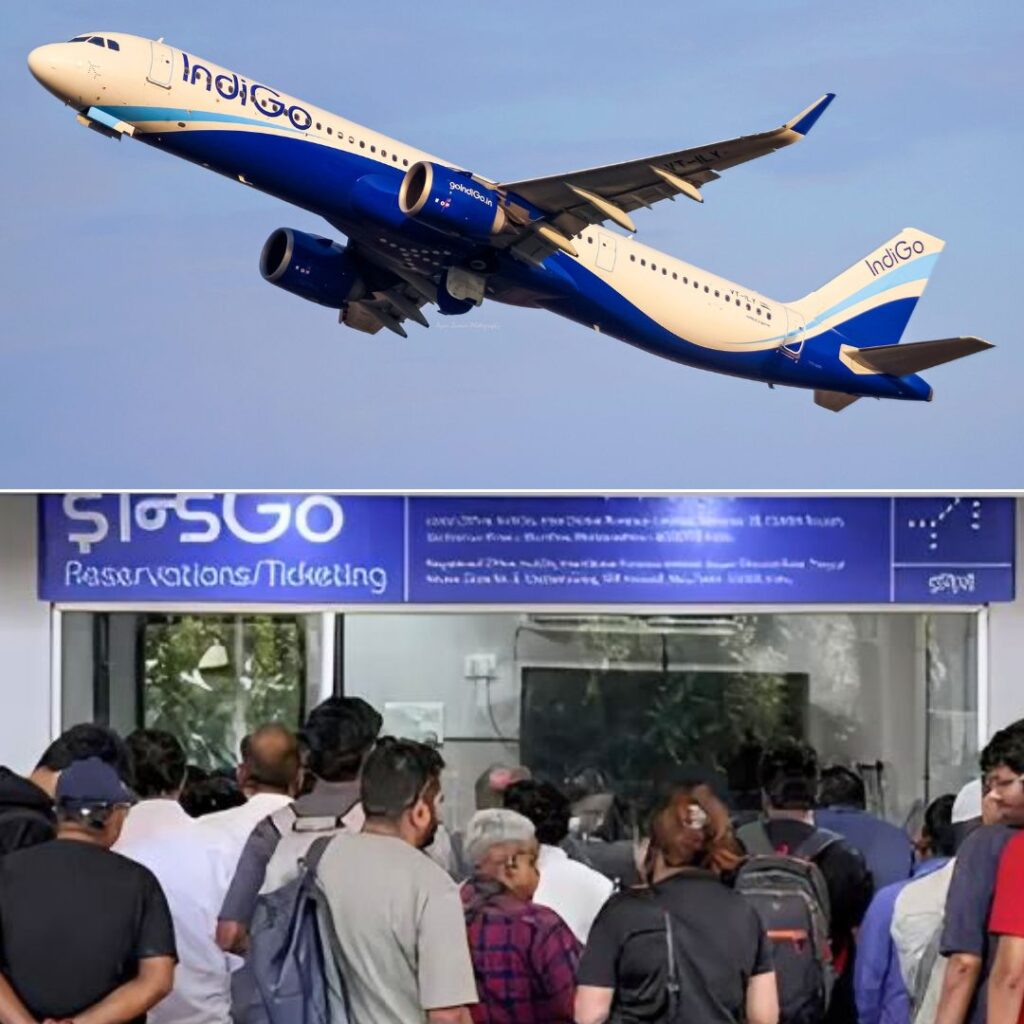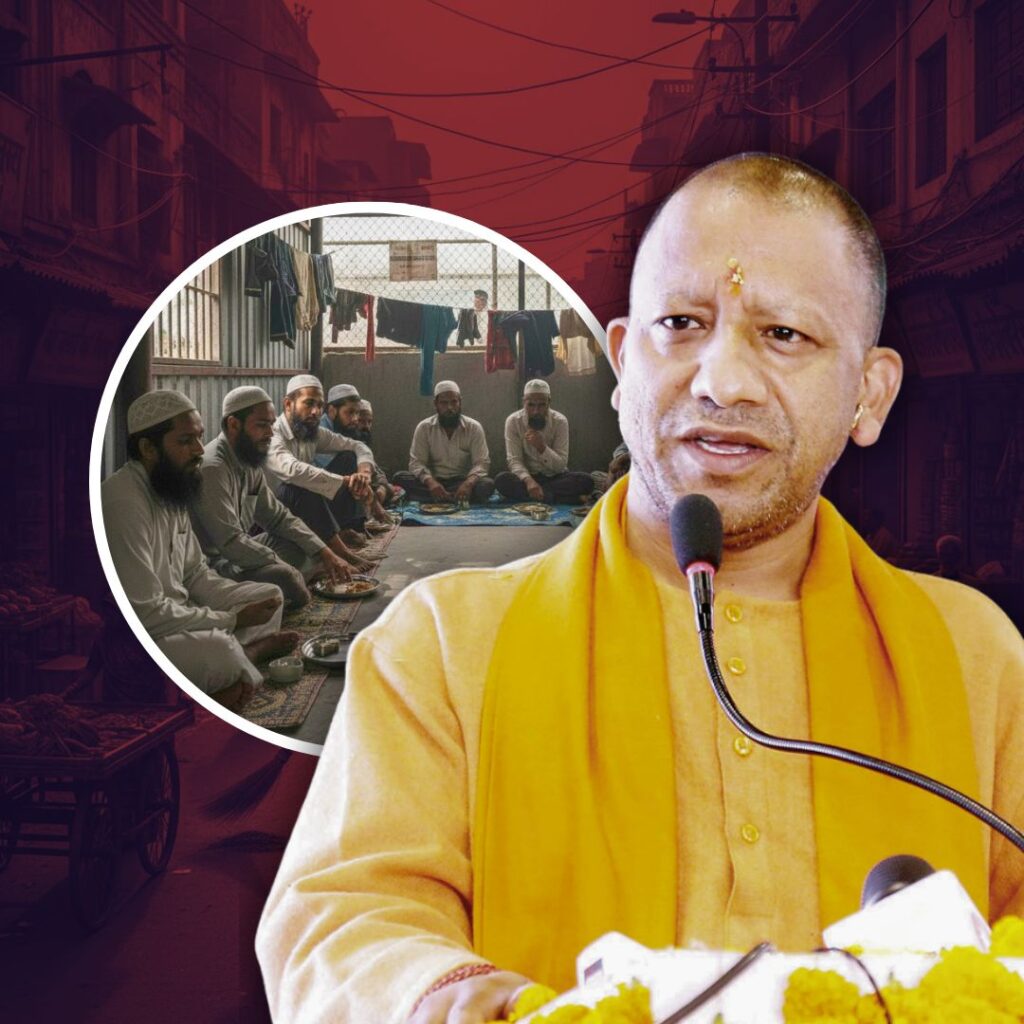Employees of Karnataka’s state transport corporations launched an indefinite strike on August 5, 2025, demanding a 25% wage hike from January 1, 2024, and clearance of salary arrears for 38 months. The strike has halted public bus services across major cities and towns, stranding thousands of commuters daily.
Despite an interim stay by the Karnataka High Court and interventions by Chief Minister Siddaramaiah urging workers to resume duties, employee unions remain firm on their demands, rejecting the government’s offer to pay arrears for only 14 months. The strike has heightened public inconvenience, with alternative transport arrangements and work-from-home directives helping to alleviate the crisis.
Massive Disruption as Strike Brings State Transport to a Halt
From the early hours of August 5, KSRTC, BMTC, and other regional transport corporation employees ceased work, causing a near-total shutdown of bus services throughout Karnataka. These corporations collectively employ about 1.15 lakh staff and serve approximately 1.23 crore passengers daily, highlighting the immense impact on public transport accessibility. Major urban centers such as Bengaluru, Mysuru, Hubballi, and Mangaluru witnessed large crowds of stranded commuters at bus stops and stations.
The suspension of services created a ripple effect, forcing many to seek alternative means such as private buses, cabs, and shared autos, which reported surge pricing in some areas. To ease the burden, the Karnataka government advised IT firms in Bengaluru to allow remote work during the strike period, attempting to reduce travel demand amid the chaos.
Core Issues Fueling the Impasse: Wage Hike and Arrears
The strike is the culmination of a long-standing dispute over wages and unpaid salary arrears. The transport employees’ unions are demanding a 25% pay raise effective from January 1, 2024, alongside the release of salary arrears accumulated over 38 months—from January 2020 through February 2023. The workers argue that unpaid dues, coupled with rising living costs, have created severe financial distress, making the strike a necessary resort to assert their rights.
The Karnataka government, however, has maintained that it cannot meet the unions’ full financial demands at present. Officials have offered to clear arrears only for the 14 months spanning January 2022 to February 2023 and pointed out that the employees had benefited from wage hikes of 12.5% in 2016 and 15% in 2023, granted by previous administrations. The government’s stance is influenced by fiscal constraints and aims to negotiate a phased settlement. Despite these offers, unions dismissed partial payment proposals as inadequate and urged the immediate commencement of negotiations on full arrears clearance and the wage hike.
Legal and Political Developments in Response to the Strike
The Karnataka High Court intervened by issuing an interim stay order calling for the strike to be called off in consideration of public inconvenience. Meanwhile, Chief Minister Siddaramaiah appealed to the striking employees to return to work and voiced the government’s willingness to address their concerns within reasonable frameworks. Yet, with talks stalled and no breakthrough yet recorded, the strike persists, extending the disruption impacting daily life across the state.
The Logical Indian’s Perspective
The current strike exposes the difficult balance between the legitimate demands of public sector workers and the essential service needs of millions of citizens. The transport employees’ demands underscore deep-seated issues of wage equity and the burden of delayed payments, issues that deserve empathetic recognition and swift rectification. Equally, the public’s right to reliable, affordable transport is paramount to sustaining livelihoods and economic activity.
We advocate constructive, ongoing dialogue between the Karnataka government and transport unions, prioritizing transparent communication and phased solutions that uphold workers’ dignity and financial rights while mitigating public hardship.











